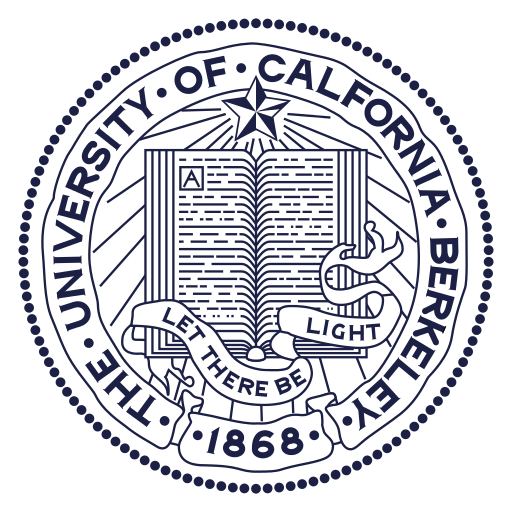Social Scientist Studying How Quantifications and Experts Shape Societies

Feedback from Students
“Byron usually presents material in a way that encourages critical thinking and constantly motivates students to interpret concepts and data from different perspectives and how they intertwine with other academic fields.”
UC Berkeley
Graduate Student
“He was a phenomenal teacher. I truly learned a lot in his class. His readings, quizzes, and debates were engaging and he organized the class to maintain my interest throughout the term.”
Bowdoin College
Undergrad Student
“I don’t normally take the time for feedbacks, but Byron was an exceptional professor. I cannot recall a professor who has been as passionate about student success. He is clearly not only knowledgeable about the topic but he also takes the time for feedback. I feel that every class I can feel myself actually coming away with new useful information. This feeling is very rare across my academic experience.”
University of Oregon
Undergrad Student
Teaching is a privilege —the professor’s duty is to facilitate mutual learning in spaces of empathy, excellence, and solidarity.
Byron Villacis
Feature: Course on Critical Quantitative Analysis
Developing quantitative skills while simultaneously adopting a critical stance toward quantification is more essential than ever. In today’s society, inundated with a deluge of numbers and driven by a compulsion to measure, rank, and distinguish, it is crucial to equip social scientists with quantitative abilities. It is imperative to engage them in constructive criticism regarding the production of numbers, their origins, and their profound impact on society. This course aims to:



